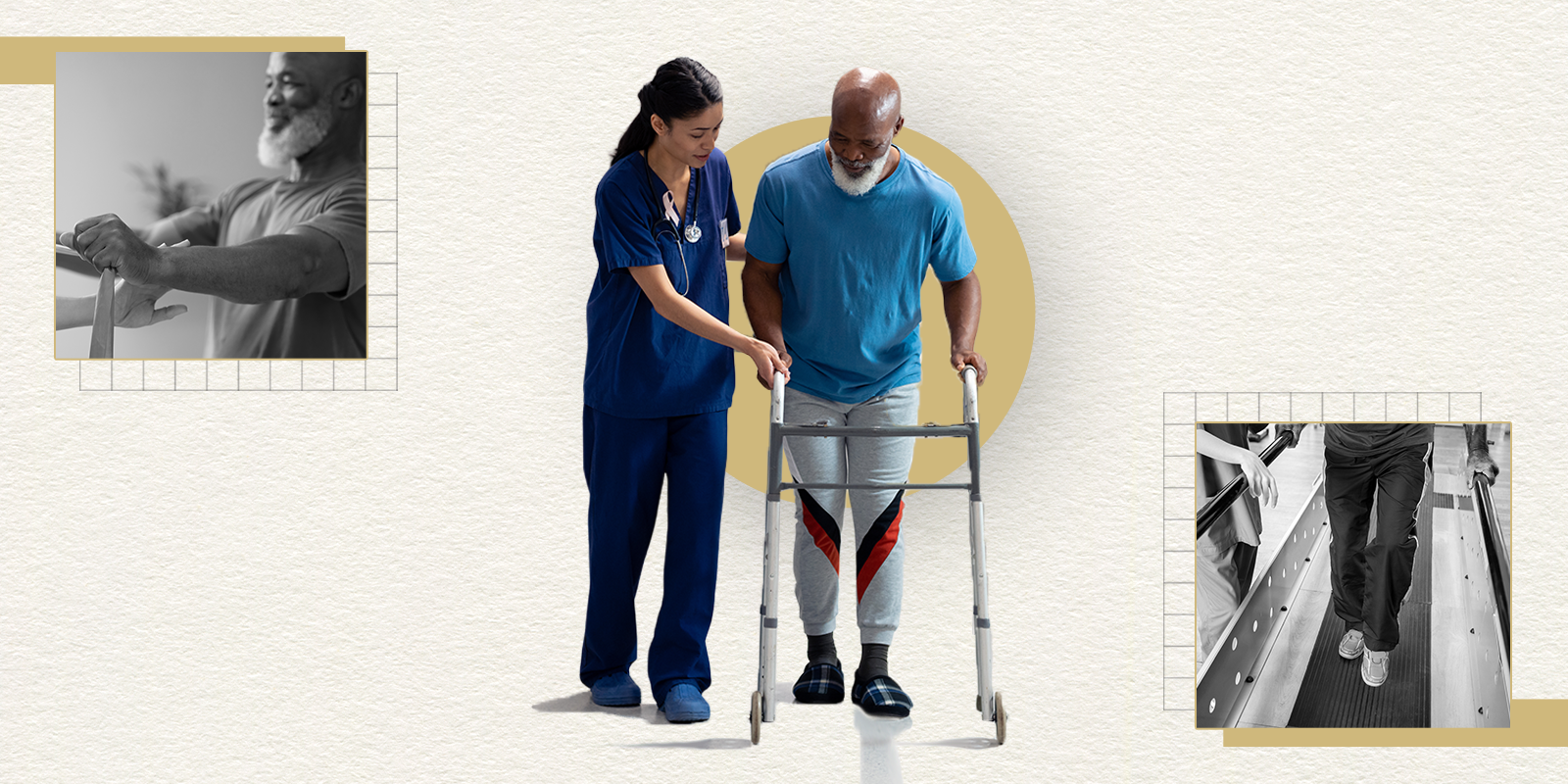A team of researchers at the University of Colorado School of Medicine Firearm Injury Prevention Initiative and collaborators published a study in JAMA Network Open today on the impact of Extreme Risk Protection Orders (ERPOs) in Colorado’s “Second Amendment Sanctuaries.”
Some U.S. jurisdictions have adopted the term Second Amendment Sanctuaries, known as 2A Sanctuaries. 2A Sanctuaries implement laws or resolutions in opposition to the enforcement of certain gun control measures, particularly ERPOs, which are court orders that temporarily prevent an individual who a judge determines to be at risk of violence from buying and possessing firearms.
The research team analyzed civil court documents from January 1, 2020, when ERPOs were first introduced to the state, to December 31, 2022.
“We analyzed nearly 80 data points on the risk factors in these ERPO filing scenarios across the state,” said Chris Knoepke, PhD, MSW, lead author on the study and law enforcement lead for the CU Firearm Injury Prevention Initiative. “Utilizing this data, we were curious about the levels of ERPO petition usage in the 2A Sanctuaries.”
First-of-its-kind data
Researchers found that over a third of ERPO petitions filed in Colorado were in 2A Sanctuaries. The ERPO petitions were filed by law enforcement and family members against adults allegedly at risk of firearm violence.
Eight percent of ERPO petitions within the Colorado 2A Sanctuaries were granted for respondents with threats of suicide, 18% were for threatening mass violence, and 92% were granted for targeted violence against family members or law enforcement.
“In other jurisdictions, risk of suicide is often a higher percentage of ERPO petitions granted,” Knoepke says. “While other threats are important to respond to, it concerns us that ERPOs could be under-utilized for suicide prevention in these communities.”
Another result that interested researchers was that 32% of the ERPO petitions in the 2A Sanctuaries were made by law enforcement, indicating that the majority of ERPO petitions were made by community members in threatening situations.
“We know from other studies both here and across the U.S. that petitions filed by law enforcement are more likely to be granted,” he says. “We need to investigate the cause and understand any barriers law enforcement may be encountering when using the tool.”
Using data to improve processes
The CU Firearm Injury Prevention Initiative has been involved in other studies analyzing data on ERPOs since 2020, when ERPOs were implemented in Colorado, and researchers are looking to create educational resources. Knoepke explains that having the data to show that community members in 2A Sanctuaries use ERPOs will help to develop tools and educational resources to help bridge any gaps between communities and the state.
“This data shows that community members, regardless of their status in a 2A Sanctuary, value ERPOs as tools for injury prevention,” he says.
The results from the study provide a clearer picture, but there is more research that needs done to investigate the ERPO petition process, Knoepke says. He further shares that the relinquishing and return of the firearms to the respondent is a key part of trust in the ERPO process but additional research must be conducted.
“We also want to improve the process in which ERPOs are granted,” he says. “Other states have documentation on when and whether firearms are relinquished in these scenarios and whether or not the firearms are returned to the respondent. In Colorado, we still need to assess that data.”


